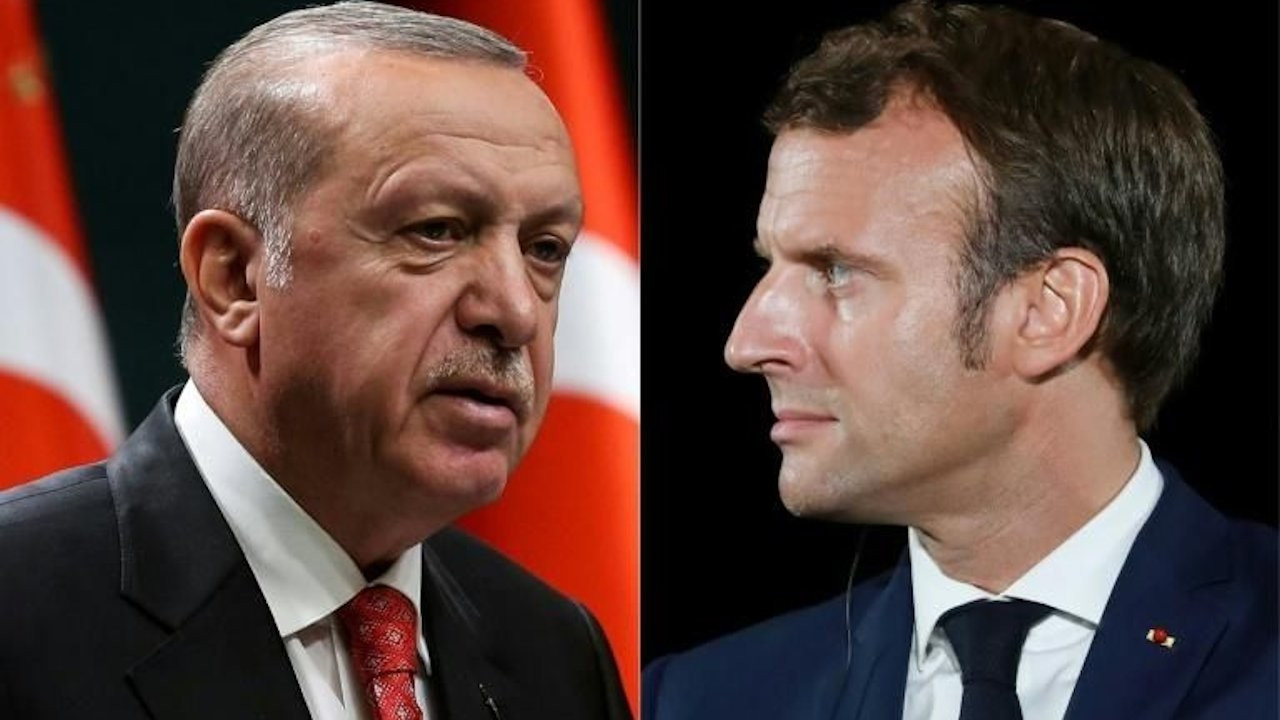A relatively positive agenda...at least until Merkel is out
Even with the sustained status quo on Cyprus, EU-Turkey relations might become more troublesome after the elections in Germany in late September. After a new government is sworn in, Merkel is out. Turkey will lose its strongest ally, who has been protecting it so far from sanctions and harsher reactions and the strongest advocate of the positive agenda.
Compared to the tensions and expectations ahead of the two previous European Council summits in December 2020 and March 2021, the most recent summit on June 24-25, 2021 in Brussels was rather tame. The drama seemed to have ended for the time being with no more sanctions on the table, but progress also seemed to be shelved. All the announcements of improvement and normalization of relations declared in March were simply repeated without any concrete progress being made toward the realization of these points. This applies to the customs union as well as to the high-level dialogue formats. The European Council also made it clear that this process of normalization is ‘reversible’ and not carte blanche for Ankara.
A positive for Turkey was that the aspects of dealing with Turkey were listed under the ‘Turkey’ headline and not ‘Eastern Mediterranean’ as they were in previous summits. This was largely interpreted as a symbolic step toward normalization. Still, the chapter on Turkey begins with the Eastern Mediterranean. The European Council “welcomes the de-escalation […] which needs to be sustained.”
The paragraph on the Custom’s Union is short, but contains one problem, which could be difficult to solve. The Council speaks of “current difficulties in the implementation of the Customs Union ensuring its effective application to all Member States.” Currently the Custom’s Union does not include the Republic of Cyprus, which does not have diplomatic relations with Turkey. Ankara needs to find a way to extend the Custom’s Union to Greek Cyprus without recognizing the Greek Cypriot government. This is technically possible, if Turkey opened its ports and airports to Greek Cyprus as there is air traffic from both Turkish and Armenian companies between Turkey and Armenia without diplomatic recognition. If Turkey did so, it would certainly surprise most Europeans who believe this issue will forever be put on the back burner.
Most concrete is the aspect of continued support for Syrian refugees. The EU commits to continue providing financial support to Syrian refugees in Turkey, Jordan, and Lebanon. Although the declaration does not include sums, it was later revealed that the total package includes 5.77 billion euros, of which Turkey should receive about 3 billion. The formal package will be presented by September and must be approved by the European Parliament.
The longest paragraph is on Cyprus. This can be an indicator that the EU is getting nervous with regard to the future of the island. The Council “remains fully committed to the comprehensive settlement of the Cyprus problem on the basis of a bicommunal, bizonal federation with political equality,” which is the official EU policy of a unified solution. However, it also explicitly “underlines the importance of the status of Varosha,” stressing that Turkey should not change the status. President Erdoğan is scheduled to visit Turkish Cyprus on July 20, the anniversary of Turkish military intervention on the island in 1974. Last year, Erdoğan visited Varosha. In May 2021 he said, “The messages we will voice from Northern Cyprus concern not only the island but the whole world,” leaving a lot of room for speculation. These ‘messages’ could concern the status of Northern Cyprus in its relations with Turkey, but could also mean the announcement of gas findings. A change of the status of Northern Cyprus would have immediate negative effects on EU-Turkey relations, which have been slowly improving over the past 6 months. The international situation would speak out against such a move, but there is also the domestic factor. Erdoğan and the AKP have been losing support and are in a coalition with the MHP and far from a majority. According to recent surveys, Erdoğan would lose in presidential elections against several opposition candidates such as the Ankara and Istanbul mayors Yavas and İmamoglu, as well as İYİ Party chairman Meral Akşener. “Bringing Cyprus home” is an issue which could be used in domestic campaigns to boost Erdoğan and the AKP’s popularity, close ranks, and continue riding the nationalistic wave. The negative reactions of the EU and the economic consequences could also be used domestically to say that the EU/West is treating Turkey unfairly and that sovereignty has a price.
This is maybe the most dramatic scenario. However, even with the sustained status quo on Cyprus, EU-Turkey relations might become more troublesome after the elections in Germany in late September. On the day of the EU summit, Merkel gave her final governmental declaration. After a new government is sworn in, Merkel is out. Turkey will lose its strongest ally, who has been protecting it so far from sanctions and harsher reactions and the strongest advocate of the positive agenda. Therefore, the next summit in December under a Slovenian EU presidency might not only mention “rule of law and fundamental rights” as “a key concern,” but might demand something concrete in that direction. If nothing happens, relations would deteriorate again and, without Merkel, could reach a point where fixing would be difficult. And then imagine Le Pen winning the French presidential elections in April 2022. We should definitely be prepared for more tensions in the future.


 Macron says Turkey has plans to try and sway French electionsDiplomacy
Macron says Turkey has plans to try and sway French electionsDiplomacy